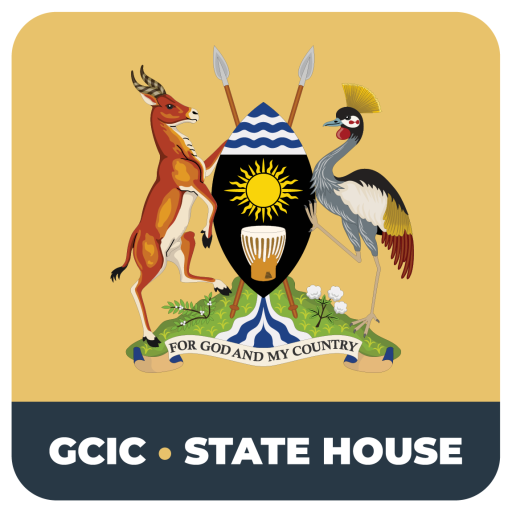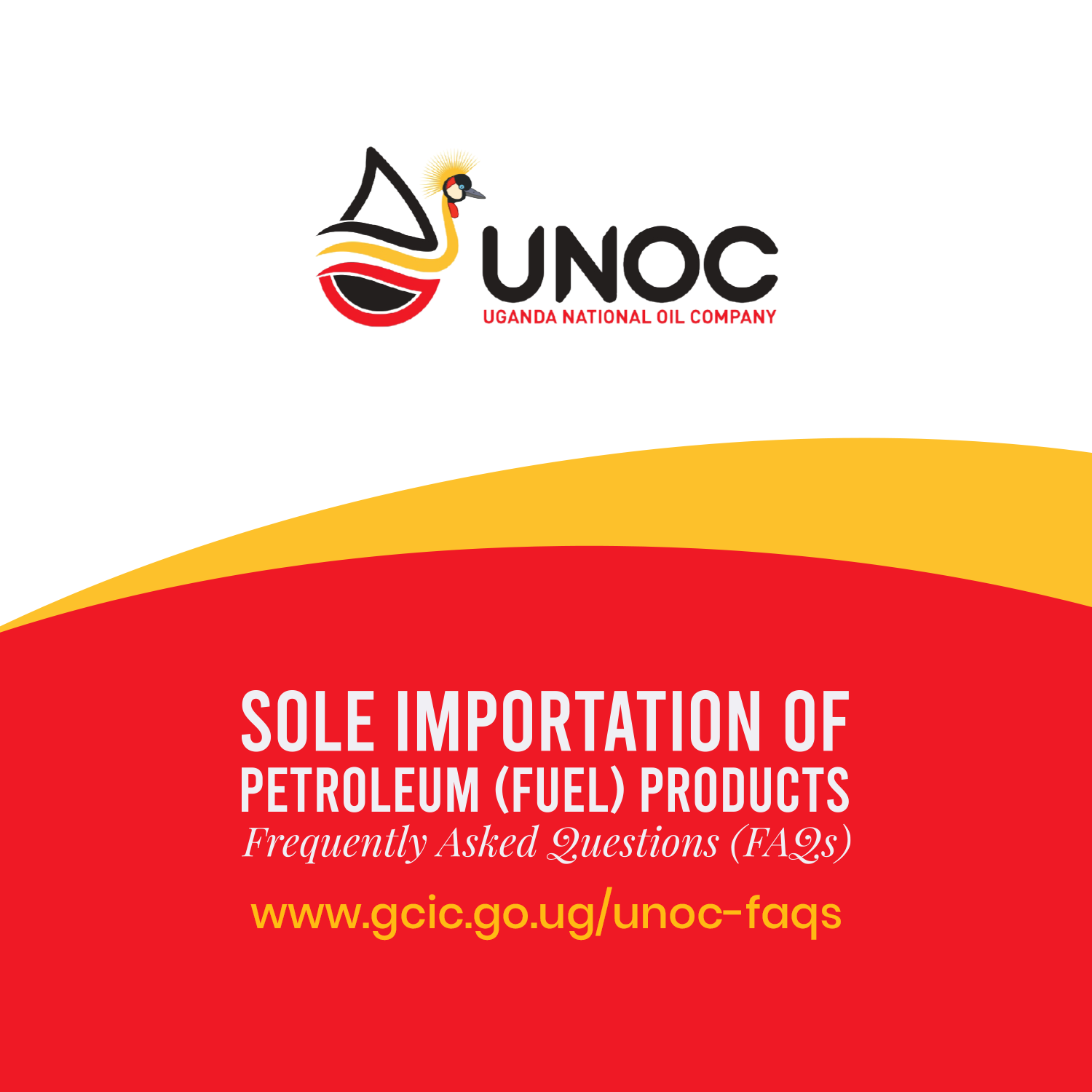The Africa Association of Public Administration and Management (AAPAM) Roundtable Conference and Annual General Meeting (AGM) has gathered ministers from various member states, public administration and management experts, practitioners, and stakeholders across Africa and beyond to foster dialogue, knowledge sharing, and collaboration.
The conference, which was inaugurated by His Excellency Yoweri Kaguta Museveni on November 26th at Speke Resort Munyonyo in Kampala, is scheduled to conclude on November 29th, 2024. This year’s theme is “Agile and Resilient Public Administration for Sustainable Development in Africa,” highlighting the need to adapt to emerging challenges while leveraging opportunities for growth.
AAPAM is committed to promoting excellence, integrity, and professional standards in public sector human resource management across Africa. Its mission is to identify and share best practices to enhance organisational performance and equip HR practitioners with the necessary skills and data to improve effectiveness in our contribution to public service transformation.
Uganda has made significant strides in promoting effective governance and public administration due to its prevailing peace and stability. However, experts have noted that the country is not immune to the broader challenges facing the African continent, such as climate change, conflict, and economic instability.
For instance, many African children find themselves scattered across the globe not by choice but because the systems meant to support them have failed. According to the UNHCR, Uganda currently hosts over 1.7 million refugees and asylum seekers, primarily from South Sudan and the Democratic Republic of the Congo.
This positions Uganda as the largest refugee-hosting country in Africa and the sixth largest in the world. We now stand at a crossroads, with the chance to redefine governance in Africa for generations to come.
By uniting as a continent and harnessing our collective resources, we can overcome barriers that divide us and contribute to conflict while building systems that reflect our shared aspirations, such as import substitution.
Our success depends on embodying the principles we advocate and ensuring that our actions align with our values. Failing to do so will mean continued suffering for Africans, and we will have disgracefully failed to protect and secure the future of our children and the next generations.
Transformation must therefore be central to our agenda, requiring bold leadership that challenges the status quo, aligns institutions with citizens’ priorities, and embeds the values of transparency, equity, and accountability.
As we focus on building resilient public administration systems, we must also ensure that these efforts align with African Union Agenda 2063—the Africa we want. Resilience in public administration is not a passive quality; it is actively developed through innovation and adaptability.
Our work should reflect these intrinsic values, inspiring confidence and trust in those we serve. It is not enough for colleagues to preach professionalism; we must practice it, making it a habit in every interaction and decision, rather than promoting neo-colonialism.
In conclusion, public administrators are central to promoting good governance. Addressing the challenge of corruption in public administration is crucial for Africa to shape its own future. It is also crucial to note that the AAPAM conference aligns with the African Union’s Agenda 2063, and Uganda remains committed to advancing public administration and management to ensure the nation’s prosperity and resilience.
Male Solomon Grace, BPAM, MRPP (UCU); Cert. IAB Europe
The author is a communications officer at the Government Citizen Interaction Centre at State House, Uganda.





